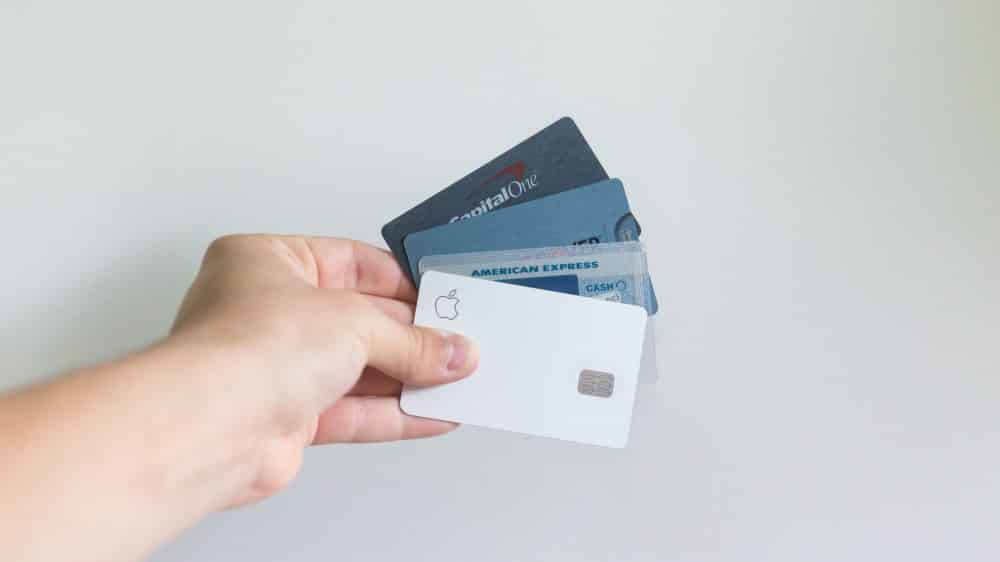
Improving Your Credit Score Fast
Having a poor credit score may put you in a vicious cycle of debt. According to Andrea Goh’s article on getting out of debt, a poor credit score can limit you to expensive, high-interest loan options. However, if you improve your credit score, it becomes easier to score deals on loans and insurance premiums. Additionally, a good credit score increases your hireability, because employers factor in credit scores when recruiting workers.
But how does one get a good credit score, anyway? As explained in AskMoney’s article on credit score basics, credit reporting agencies take a look at the following: payment history, the total amount owed, length of credit history, types of credit used, and new credit. Financial institutions need to see how often you pay on time, how frequently you take on debt, and the kinds of debt you take on. To summarize, you need to prove to lenders that you can handle borrowed money responsibly.
So if you want to improve your credit score fast, here are a few strategies you can use.
Get a credit limit that aligns with your spending habits
Our previous article entitled ‘Maintaining a Good Credit Score’ touches on why it’s important to seek a high credit limit. Credit reporting agencies don’t just look at how much money you owe, they also look at how much you spend in relation to what’s available on your credit line. This measurement is called your credit utilization. As Howard Dvorkin explains to US News, maxing out your credit cards reflects negatively on your score, since using most of your available credit gives the impression that you’re borrowing more than what you can pay.
The rule of thumb is to keep your credit utilization at 30% or below. For example, if your credit limit is $1,000, keep your spending below $300. If you can’t reduce your spending, try to ask for a credit limit that matches your spending habits. The idea is to get more credit than what you actually need and spend only on what you need. By not using that excess credit, you prove your control over your spending habits.
Time your balance payments strategically
You can also lower your credit utilization score by making sure your balance is low before your card issuer reports your spending to the credit bureaus. You can keep your balances low by paying them down before the end of each billing cycle, or by rolling out consistent payments through the month.
To ensure you pay your balances on time, write down payment deadlines on your calendar or planner, or set reminders on your phone. Some credit card companies also offer an autopay option, which is a service that allows you to set an amount your account will automatically pay each time your issuer posts a statement. Set this amount higher than the minimum to keep your balance low.
Get added as an authorized user
If you haven’t had a long credit history, you can kickstart your credit score by asking a friend, family member, or partner to add you as an authorized user. Yahoo Finance explains that this strategy, aptly called “piggybacking credit,” allows users with lower credit scores to gain the credit history of other account holders. For example, if the account holder you link up with has had their card for 5 years, their 5-year credit history will appear on your report. So if your chosen account holder has a clean credit history, getting added as an authorized user will improve your credit score.
Don’t let poor spending habits put you in a path of financial ruin. Improve your credit score by being strategic about your credit utilization and seeking help from the fiscally responsible.


